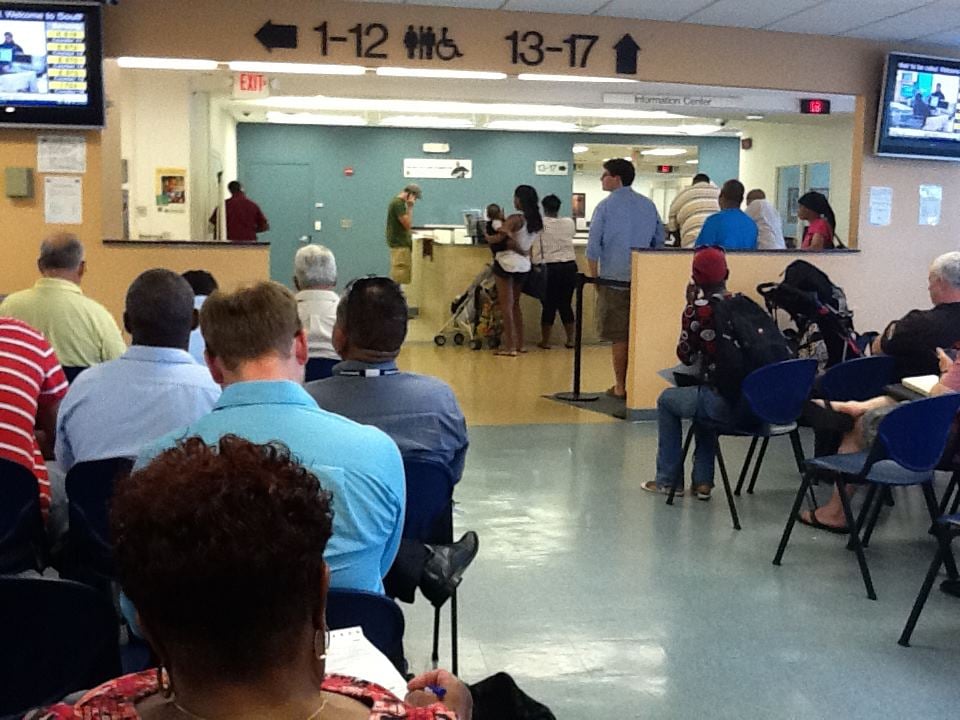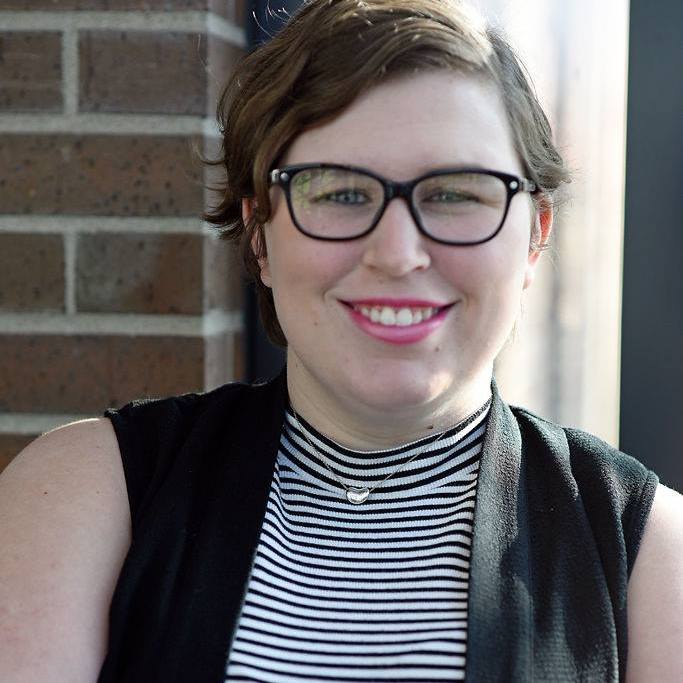Starting next week, DC will become the second place in the United States to issue drivers licenses with an optional non-binary gender marker. Instead, People who don’t identify as “male” or “female” will be able to get an “X” on their licenses.
Non-binary is the term often used for people whose gender identity is not exclusively male or female. About one-third of the country’s transgender population identifies as non-binary, according to the National Center for Transgender Equality, which along with Whitman-Walker Heath advised the DC Department of Motor Vehicles on the new policy.
Washingtonian spoke with Whitman-Walker attorney Elizabeth Ehret and patient legal services director Amy Nelson about the new marker, what it means and why it’s so important for the people who want it.
How did this initiative come about?
Ehret: We have a monthly name- and gender-change clinic here at Whitman-Walker where we help DC-area trans folks change their name and gender marker on their identity documents. We had a client who came to us at our February clinic and said they were a DC resident and they wanted to see if they could get a non-binary gender marking on their ID. We said, “Well, currently DC doesn’t do that, but let’s see what we can do.” I reached out to Arli Christian at the National Center for Transgender Equality because I knew Arli had been doing this work around the country. So we coordinated together and contacted the DC DMV and sat down with them to talk about implementing a non-binary gender marker. The DC DMV had already been having internal discussions about implementing the gender marker, and then we worked with them on the exact wording of the forms and the policy to make sure it was as affirming as it could be.
How long have you been working to make this happen?
Ehret: Jamie Shupe, who was the driver of the non-binary designation in Oregon, was born in DC, and they asked us to help them get a non-binary marker on their DC birth certificate, which we were able to obtain last year. And the marker was “unknown”—that was the official marking that the DC federal records landed on. You could say that was the first time someone at the city level had recognized something outside the binary.
Why is this designation important for those who want it?
Ehret: One piece that really needs to be emphasized is that not only are we getting a non-binary gender marker, the “X,” but DC is also going to be rolling out a self-attestation form. Previously, if you wanted to change your gender marker on your identity documents, you needed to get a signature from someone else, from a third party, saying, “Yes, this person is trans and yes they should be permitted to change their gender marker.” One of the things we were able to successfully advocate for at the DMV was implementing what we call a self-attestation form where an individual can just say, “This is what I want my gender marker to be. This is how I identify as a person. This is what my gender marker should read.” And then having a gender marker that accurately reflects your identity is a safety issue. Any time you have to show your ID, whether it be to police or a bouncer at a bar, if your gender marker doesn’t match who you are and identify as a person, then that could become a safety issue for you.
So when can people start taking advantage of this change?
Nelson: It’s rolling out on the 26th, Monday. The DC DMV was making sure all the kinks were worked out of their technology and the system to make sure it would roll out properly. But it’s happening on Monday and the mayor’s office is putting together a press event. They’re going to do a couple of IDs on Monday, and then the DMV opens again to the public on Tuesday and that’s when general members of the public can go and get their “X” gender marker.
Do you think other states will follow DC’s example?
Nelson: Oregon is obviously rolling out their own policy, California’s been looking at it and I know other states are looking at it. I think it’s something that will happen slowly, and I think it’s definitely more likely that some states will implement it sooner than others, as with all of these trans-friendly policies that happen. But I think we are a far cry away from being able to say that every state in the country will do this very rapidly. This is going to be a long, slow process. It already has been.



















